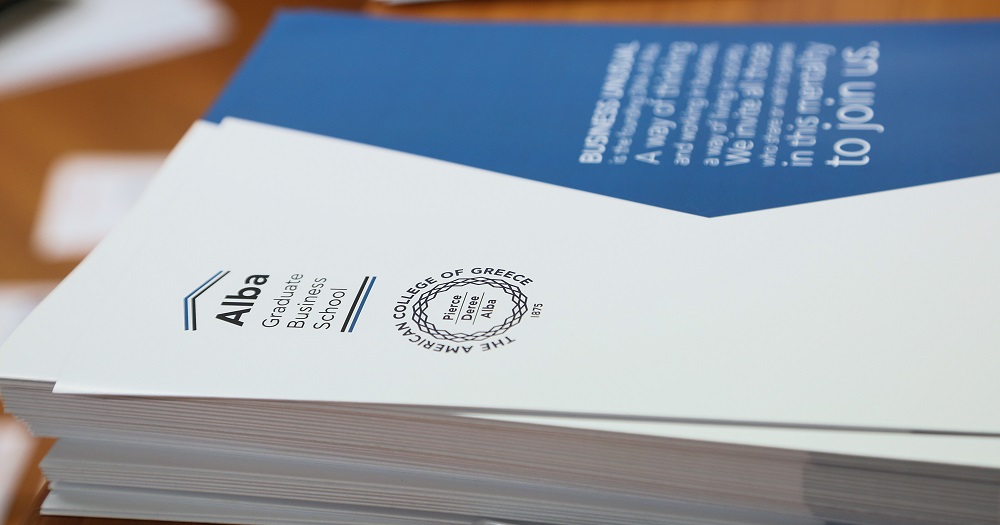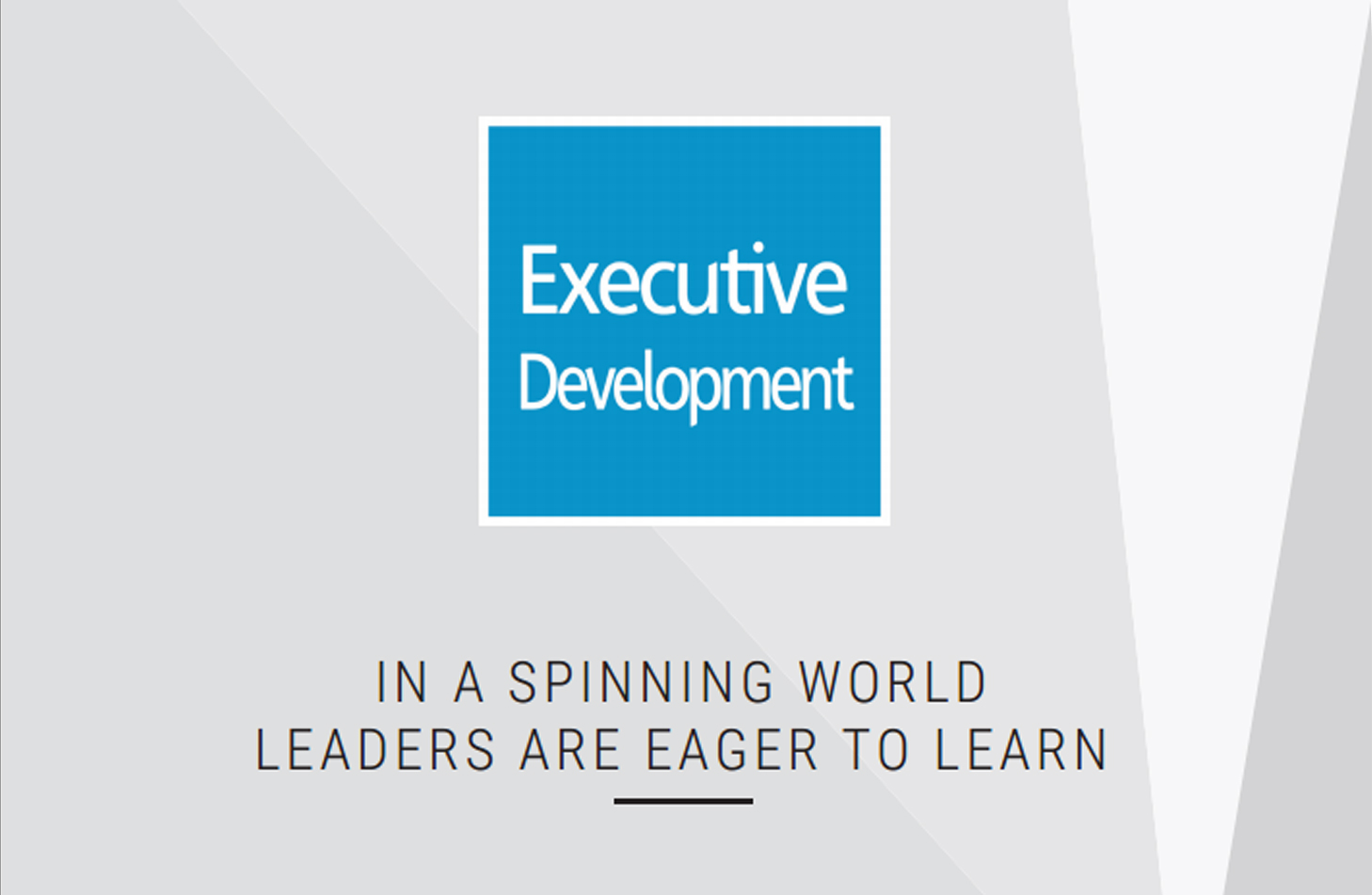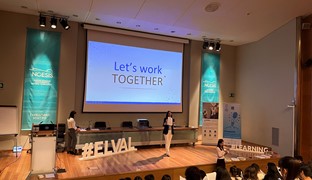RCI of the Greek labor market dramatically decreases for the 2nd half of 2010
The Recruitment Confidence Index (RCI) dropped 16 points to 78.4 over the last six months. The Index, which is measured every six months by the Applied Research & Innovation Department of ALBA Graduate Business School, reveals that the next six months will demonstrate an even bigger decrease in recruitment throughout the Greek labor market.
The main objective of the RCI survey is to explore the perceptions and trends of companies regarding their recruitment processes and methodologies over the next 6 months. The 2nd round for 2010 was conducted in May - June with the support of ECDL Hellas and SQLearn; while Eurobank Business Services sponsored the special section of the survey entitled “HR Best Practices in Times of Financial Crisis”. More than 2,500 invitations were sent to HR departments, Recruitment & Selection Managers, as well as to CEOs of companies operating in Greece.
The main findings of the survey can be summarized as follows:
- 40% of the companies are expected to reduce employee headcount over the next six months, while only 17.7% will recruit new employees
- 23.1% of the companies did not increase salaries over the past six months, while 40.3% stated they will freeze salaries for the next 12 months. Only 11% of the companies will increase salaries more than 3%.
- 47.5% of the companies have been affected dramatically by the current financial crisis, while only 1.4% state they have not been affected at all.
- With regards to the next six months, 42.5% of the companies expect to be affected significantly by the current financial crisis; while 25.8% remain optimistic and expect that they will be slightly affected by the crisis.
- 43% of the companies have decreased bonuses, while 35.7% have reduced employee executive training during the last six months. The same trends are expected for the next six months while education is expected to be even more negatively influenced (42.1%).
- 17.7% of the companies are pessimistic for the future of their company, 32.1% are neutral while 50.2% are still optimistic.
- The only industry that is expected to increase recruiting activities is construction and more specifically renewable energy. The banking sector and transport/logistics companies are also expected to demonstrate a slight increase. The education sector, however, expect zero activities while manufacturing appears to be pessimistic too. Recruiting activities for pharmaceutical companies are expected to decrease dramatically while similar trends are expected for the IT/telecommunications sector.
- The tendency towards recruiting young employees and alumni is still high during this half (30.8%).
- Companies hiring will mostly recruit employees from the following sectors: sales executives, customer service, IT, marketing and accounting/finance.
- 54.8% of the companies prefer personal interviews as the main employee selection tool, while 26.1% of the companies use other tools, such as psychometric tests and assessment centres. Job sites are still the most popular method of finding new employees.
- Concerning IT knowledge, basic or advanced certification is required for almost all positions, except for employees in: sales, reception and warehouse where IT knowledge is desired without any certification.
- 59.8% of the companies consider a postgraduate degree as a crucial prerequisite for the selection of new personnel.
In order to successfully overcome the financial crisis, one out of two companies is focusing on improving internal communication procedures, by developing innovative tools like newsletters and blogs. 42.5% of the companies have already developed rewarding and recognition programs, 39.4% have introduced processes of collecting innovative ideas, while 40.3% have replaced travelling with video conferences. There are companies that are trying to invest in innovation and motivation of employees, since 1 out of 5 respondents intend to implement practices which are either tax free or prefer e-learning programs to reduce costs.
A total of 212 companies participated in the survey, among which 54.4% were Greek and 45.6% were multinational.
The collection of data for the 1st half of 2011 will take place during December 2010 -January 2011. You may download the complete report with the results of the survey, as well as the analysis concerning the repercussions of the financial crisis here
For more information on the survey please contact Mr. Panagiotis Tarsinos, e-mail: [email protected], tel.: 210 8964531.






